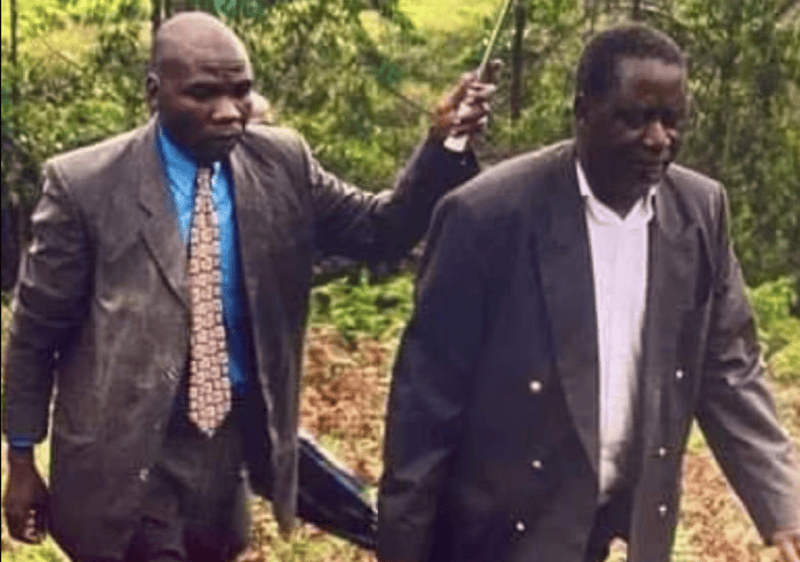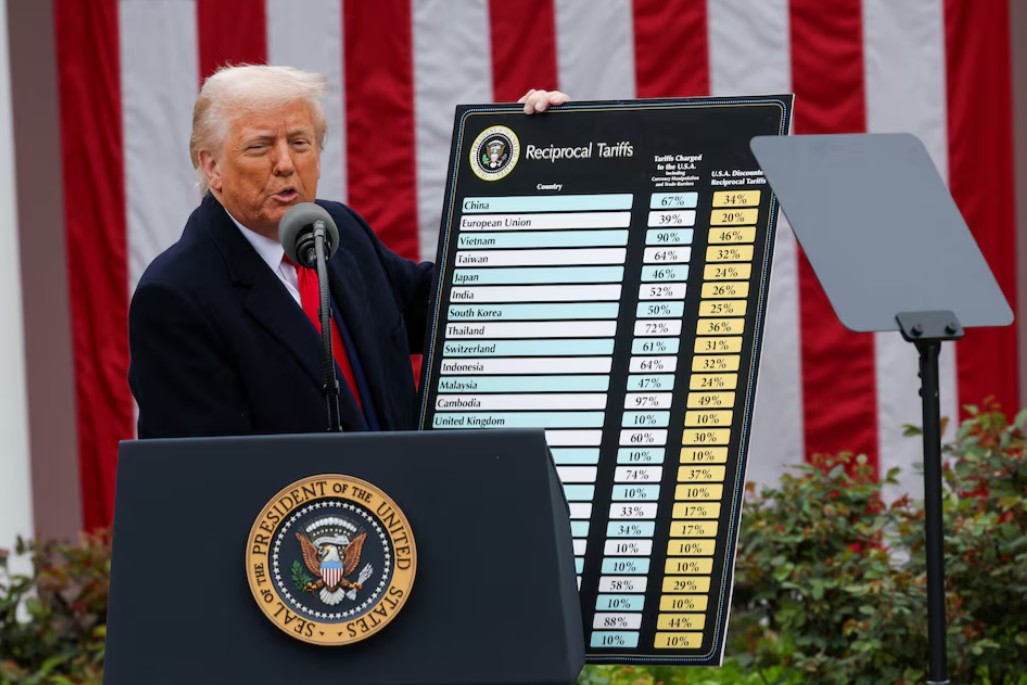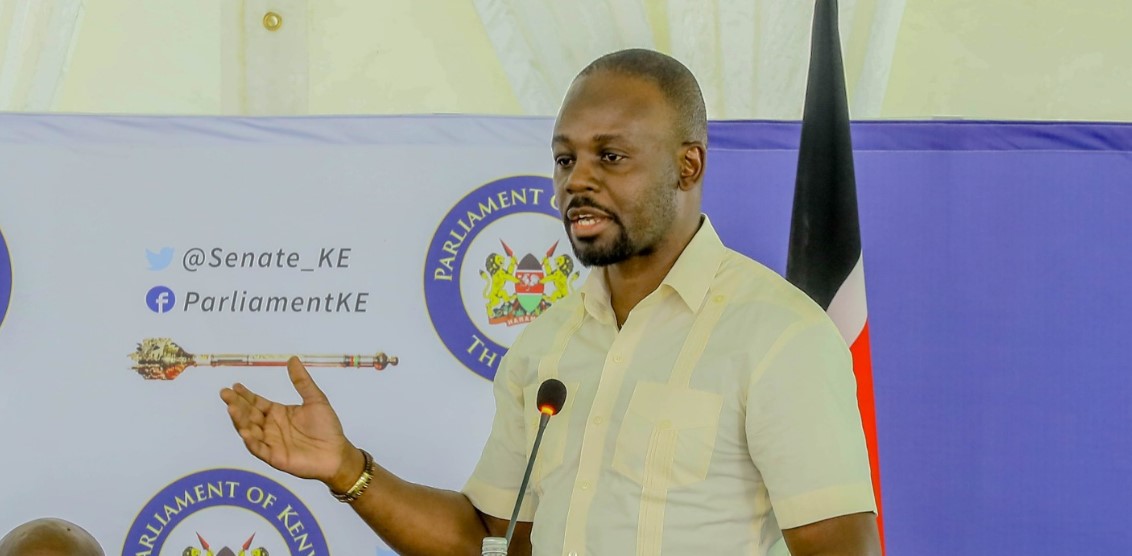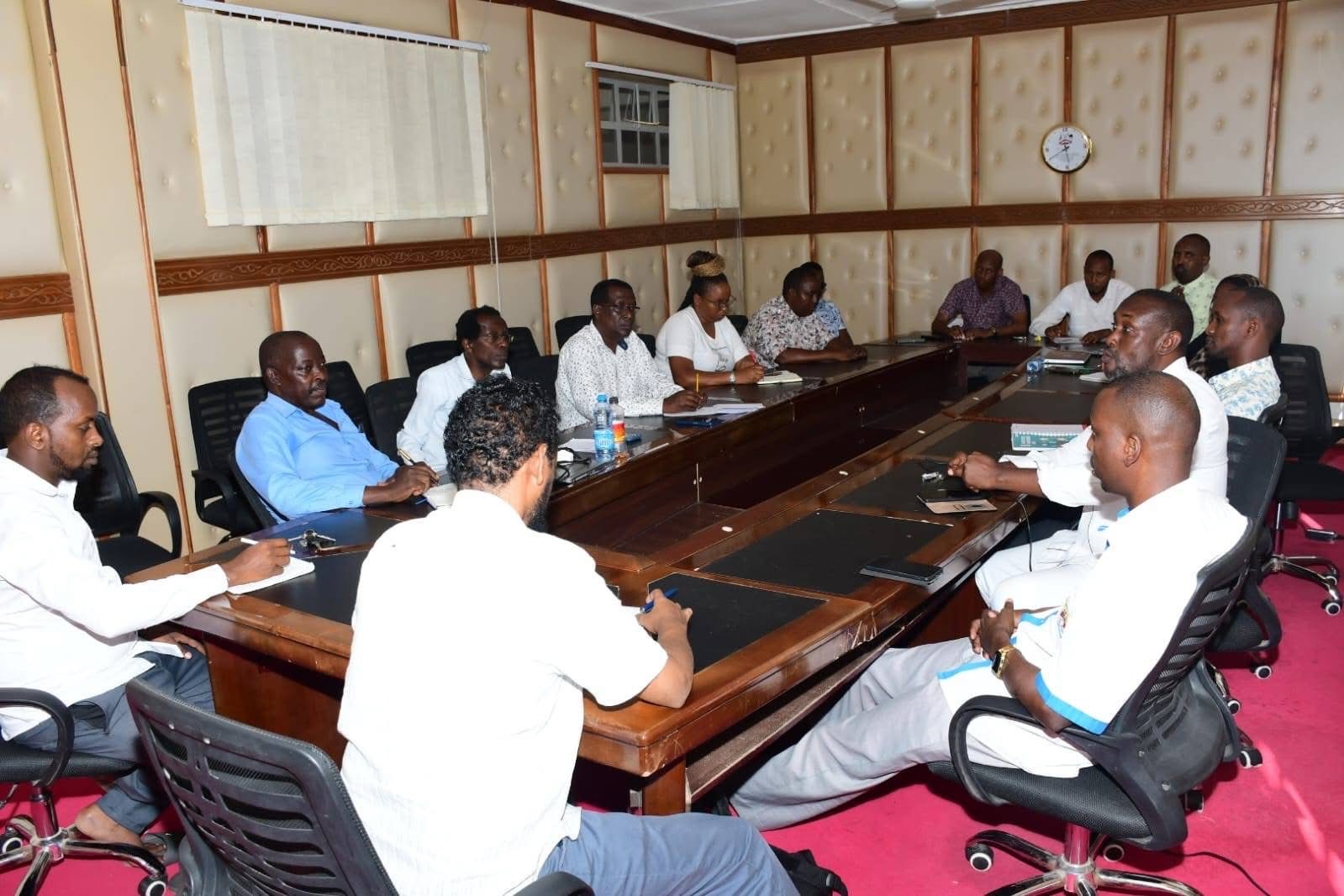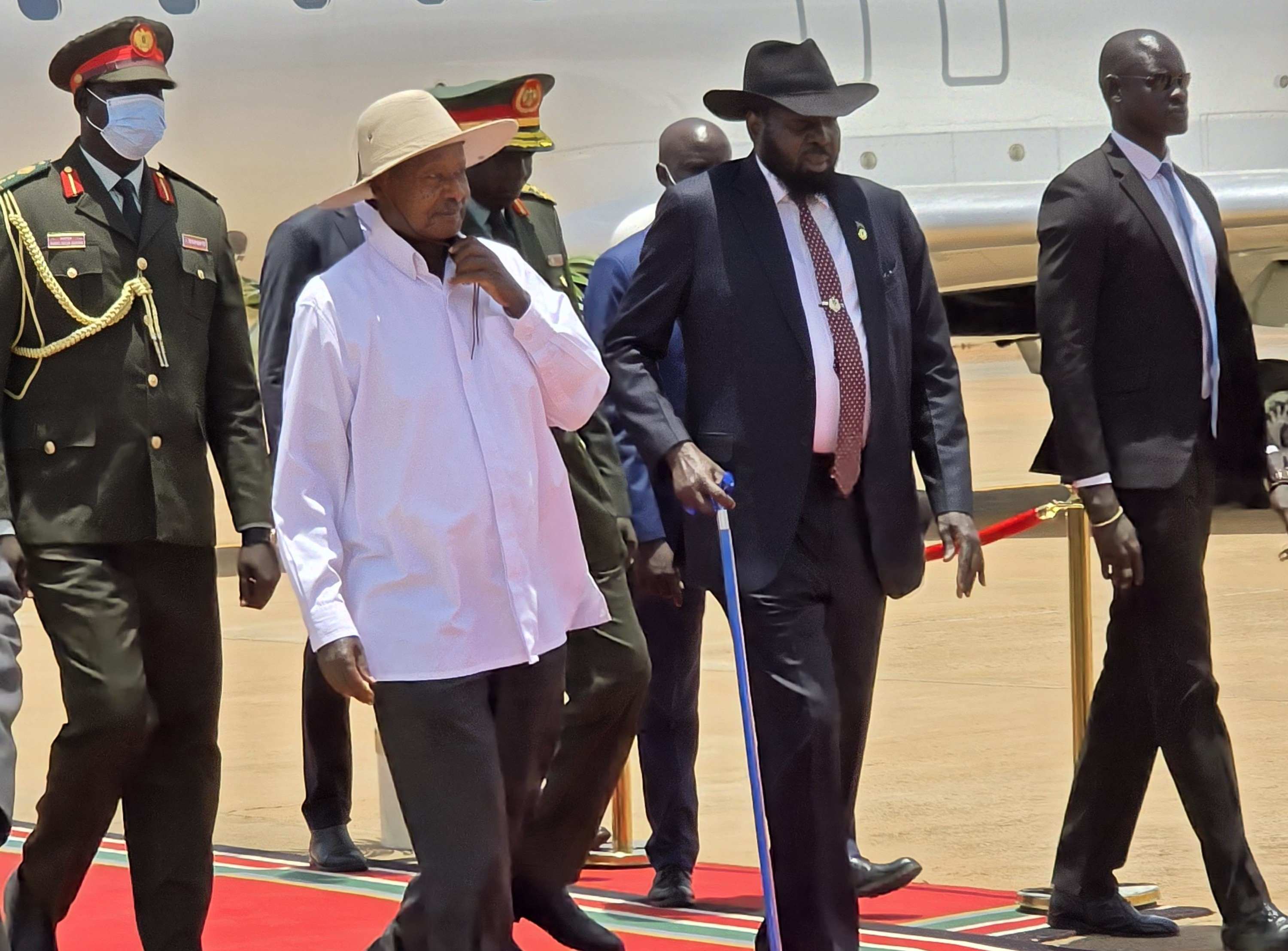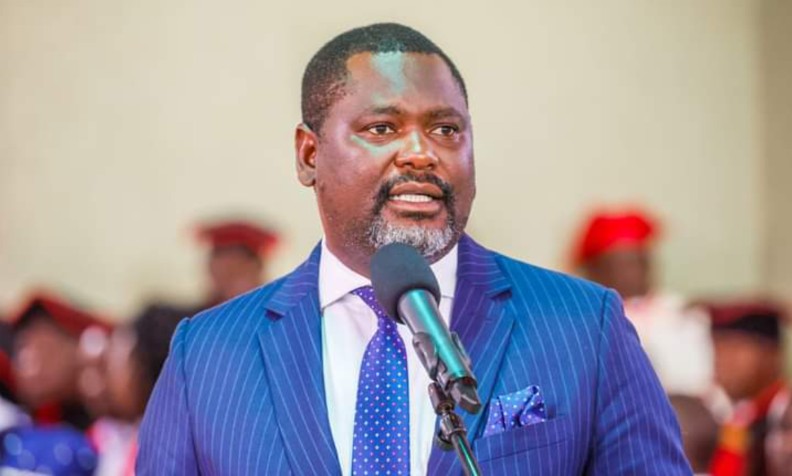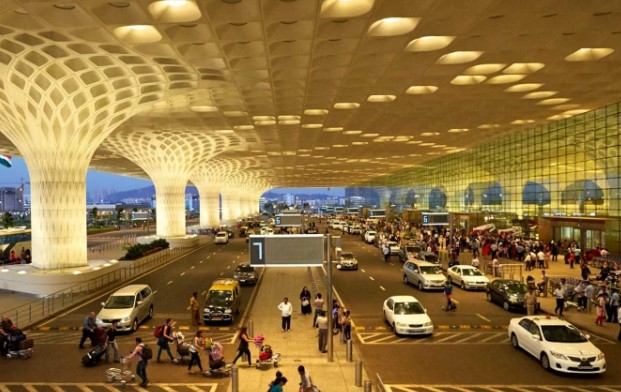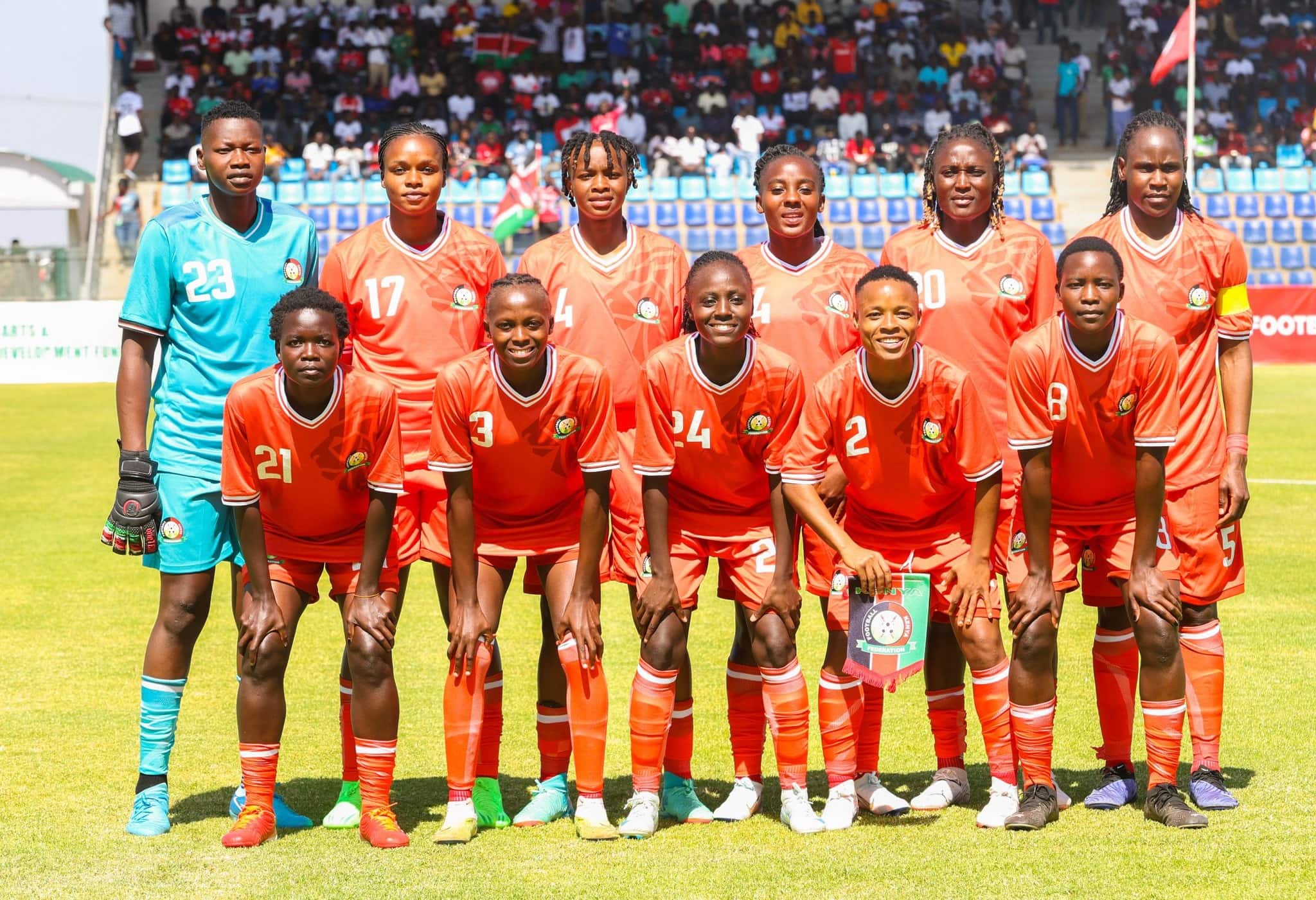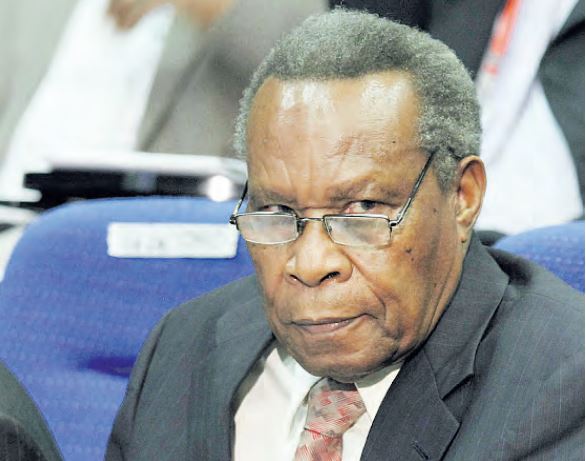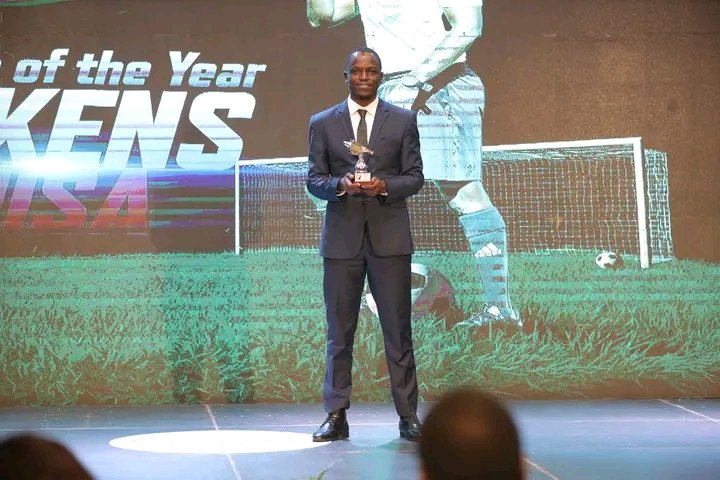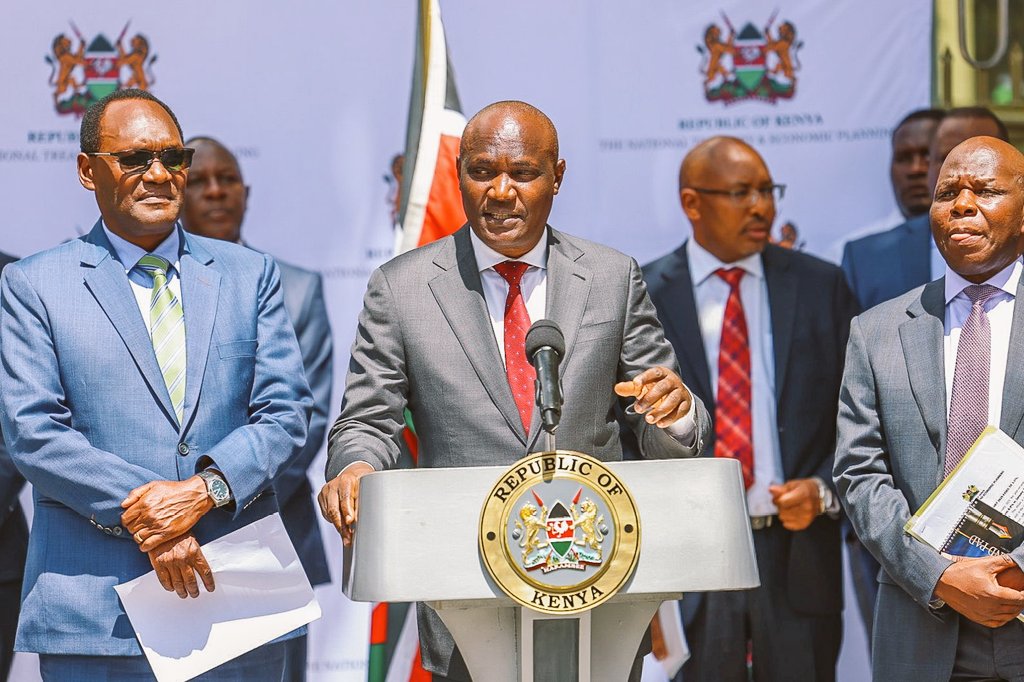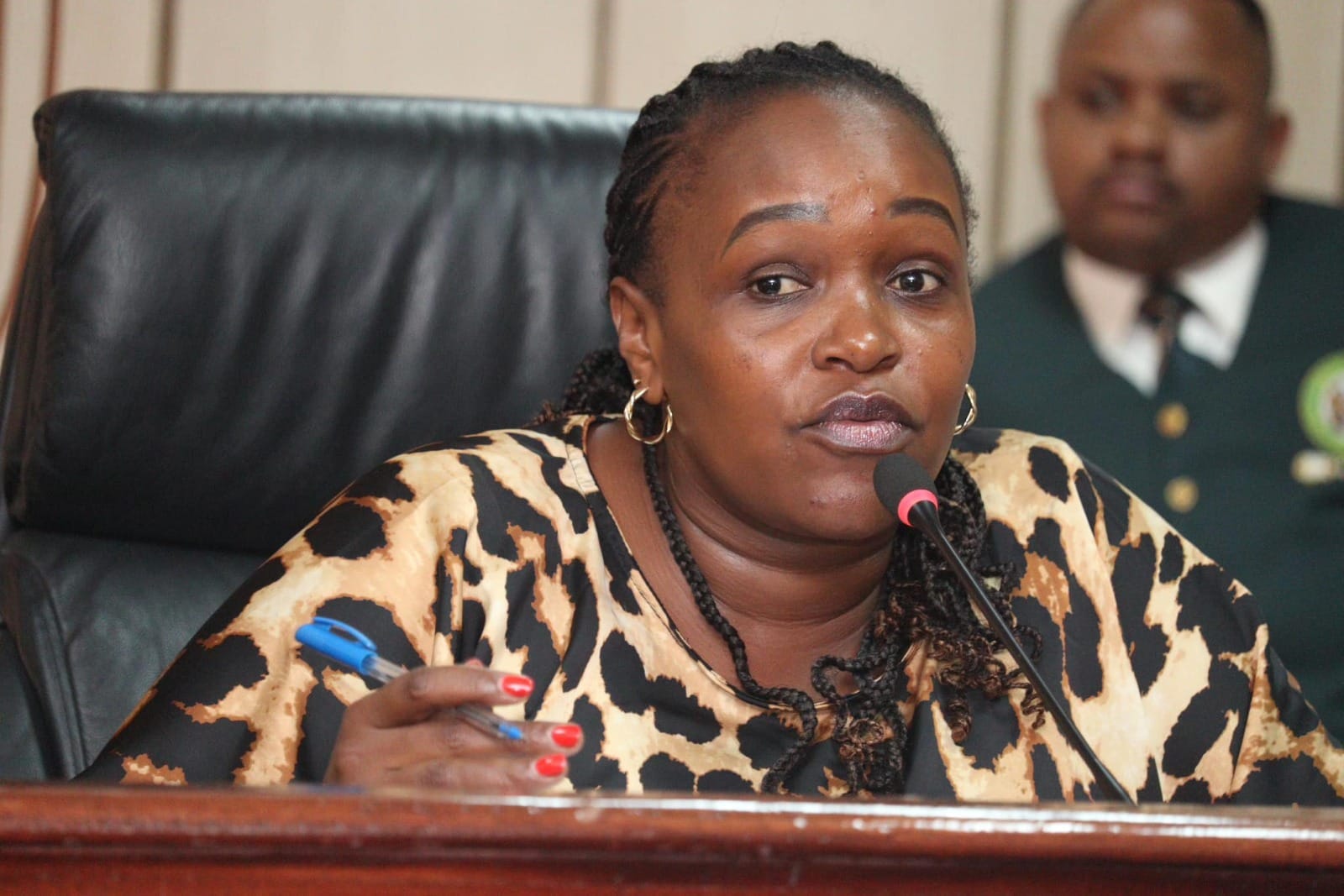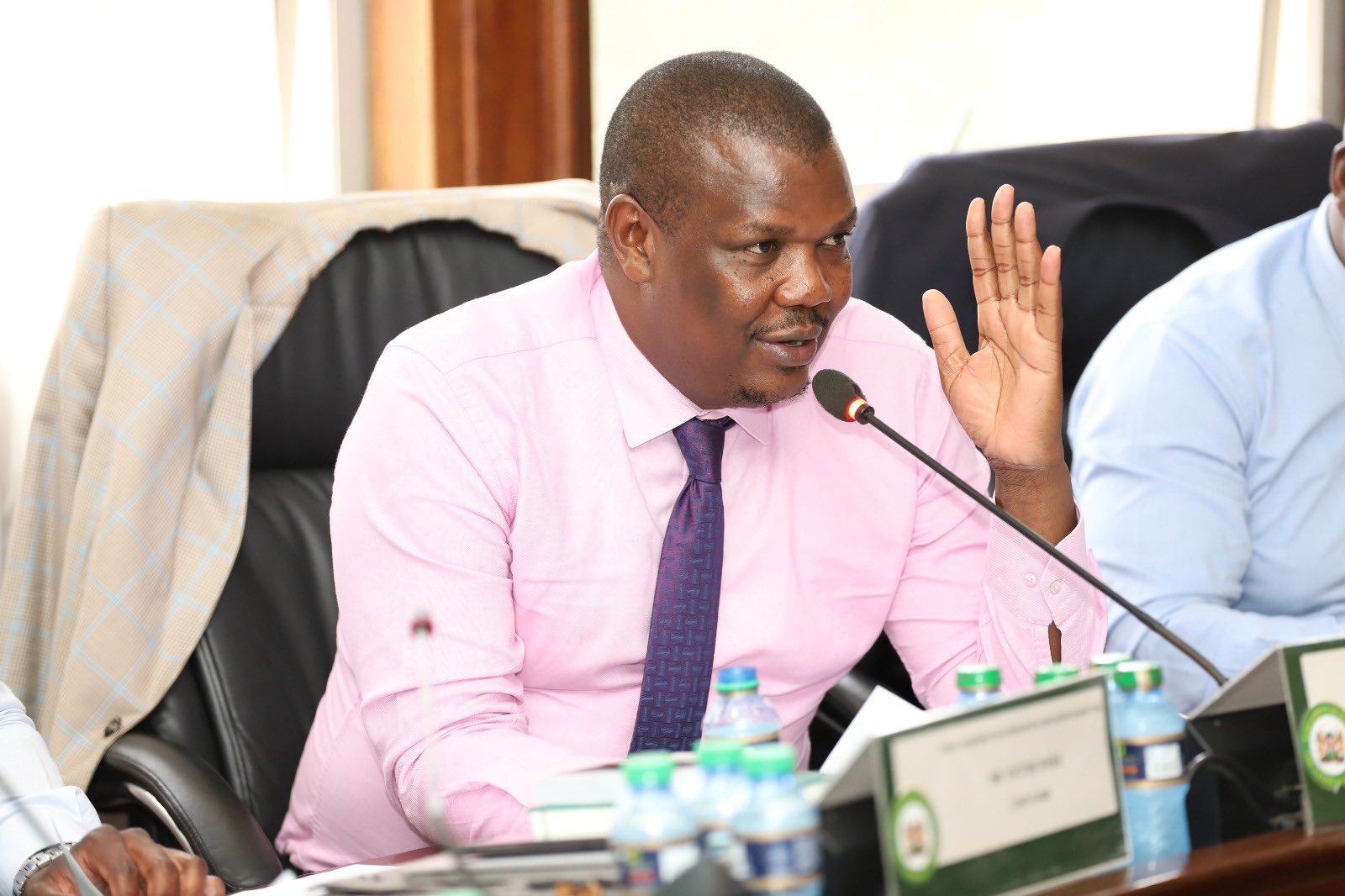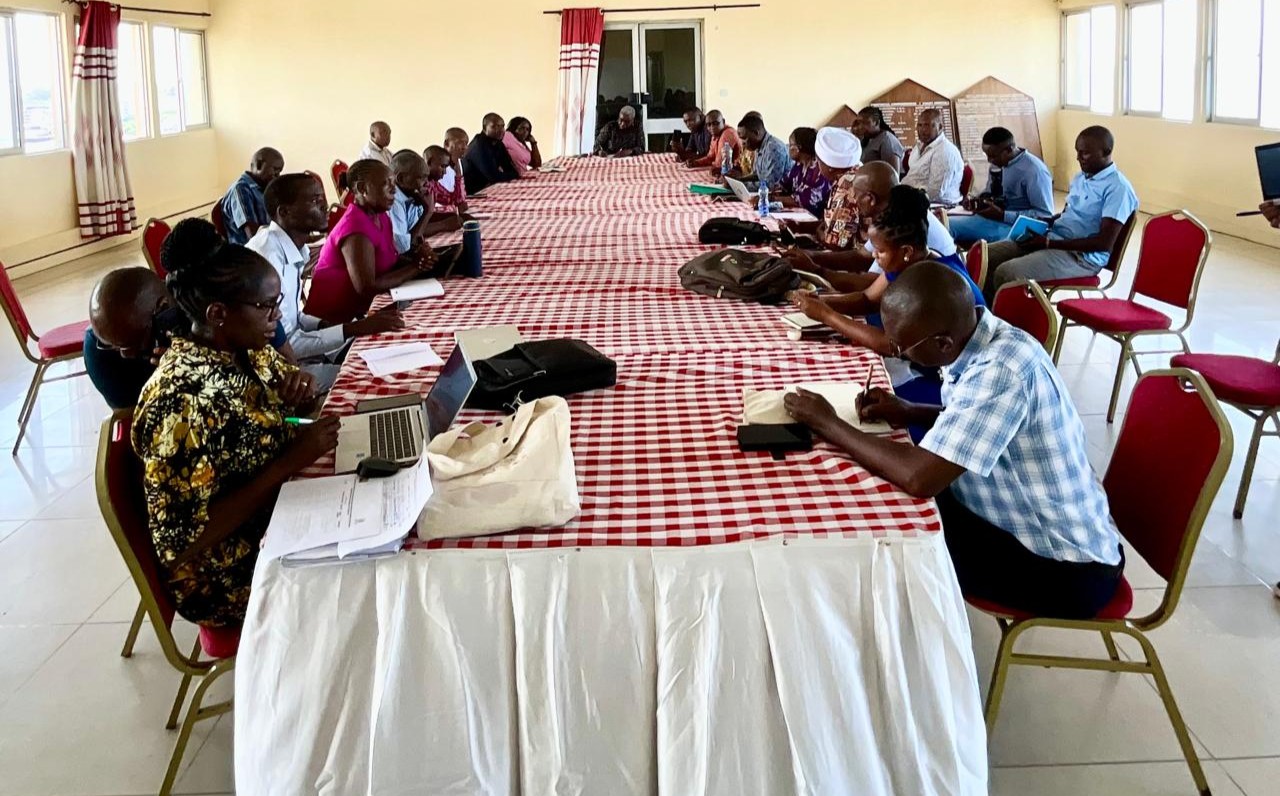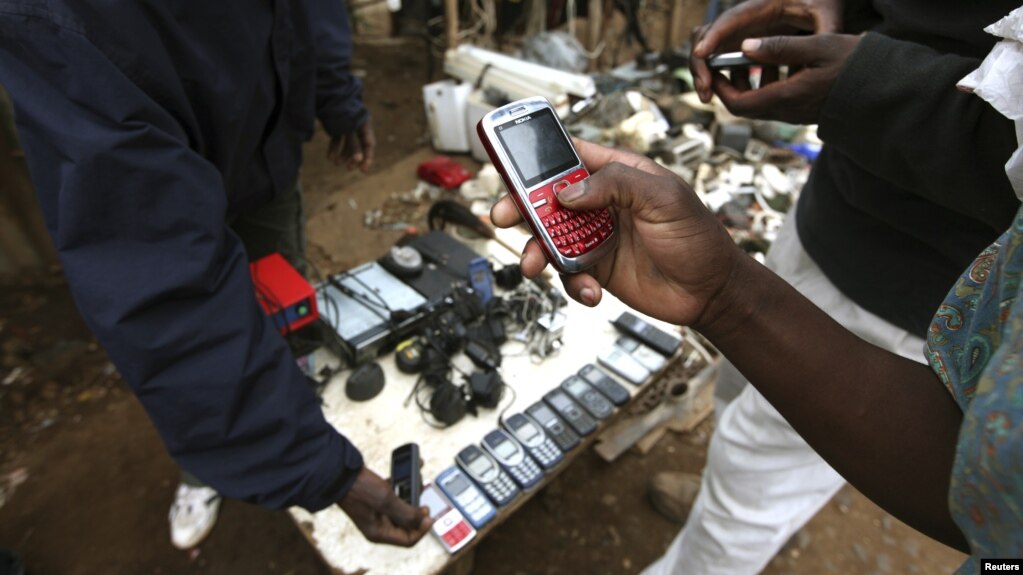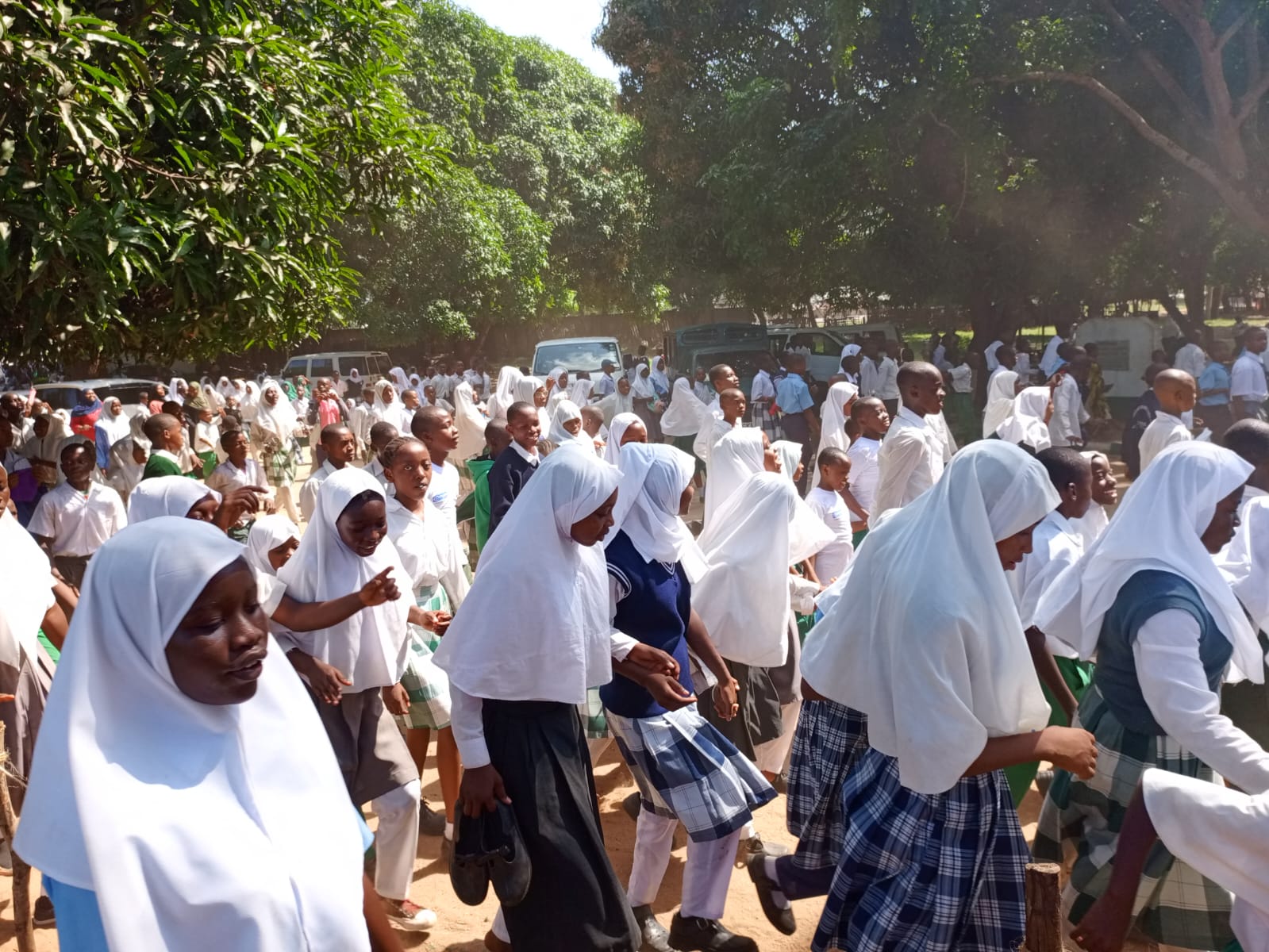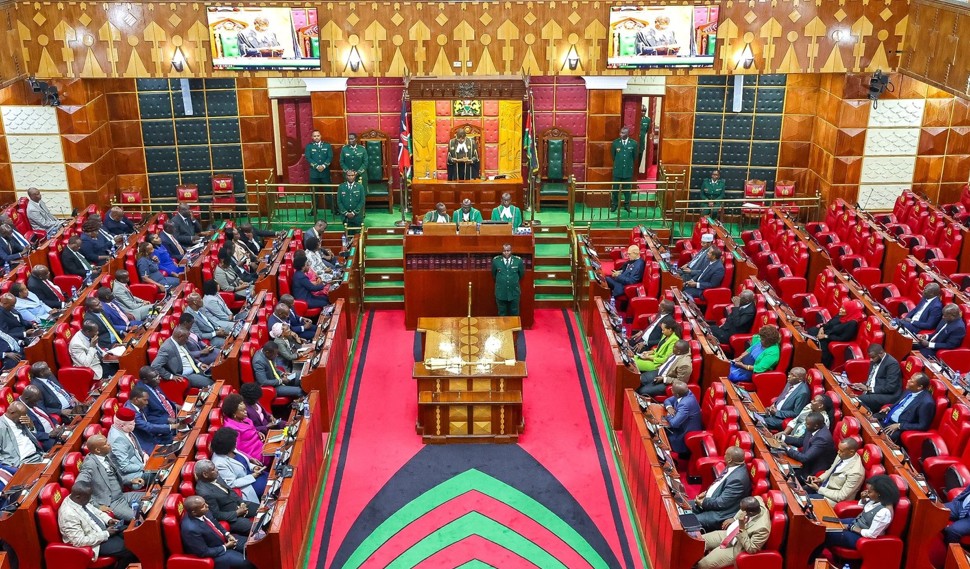Sh96.95 million spent on boreholes that failed to produce water, audit shows
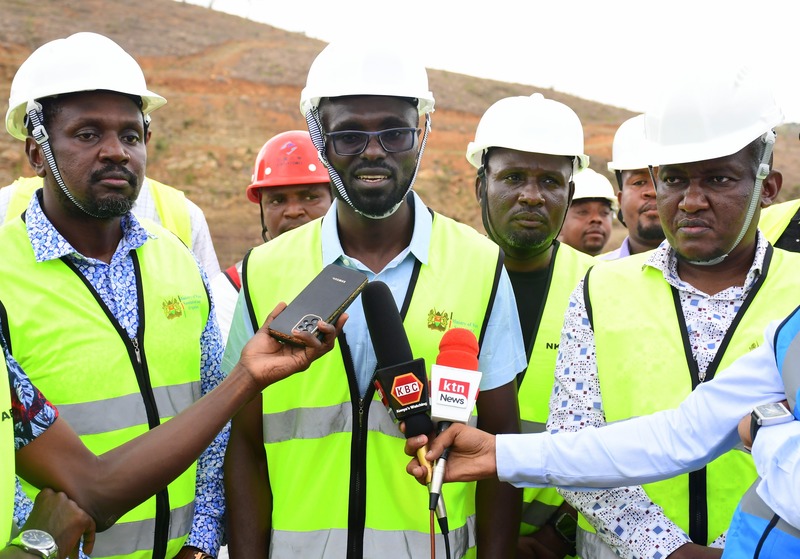
Sh49.7 million was allocated to projects that have been delayed and Sh47.2 million spent on non-productive boreholes.
The State Department for Water and Sanitation has been put on the spot for wasting Sh96.95 million on borehole projects that either stalled or failed to produce any water.
Auditor General Nancy Gathungu revealed in her 2022/23 report that millions of shillings were spent on drilling boreholes, with Sh49.7 million allocated to projects that have been delayed and Sh47.2 million spent on non-productive boreholes.
More To Read
The report paints a grim picture of the department’s inefficiencies, raising serious concerns about the management of public funds in crucial water projects.
According to Gathungu, the expenditure was largely wasted on boreholes that either failed to function or were far behind schedule, leaving many communities without access to water.
“Anomalies were noted on three contracts where boreholes drilled were of low or no productivity at all,” reads the report.
“In the circumstances, the intended purpose and value for money on the expenditure of Sh32,248,092 on drilling of boreholes could not be confirmed.”
Among the projects flagged in the report is a Sh9.8 million contract for drilling, equipping, and civil works at Limanet Primary School in Narok North, which failed to produce water after completion.
Gathungu said that despite the contractor being fully paid and all certificates being issued by June 30, 2024, the borehole only produced water for a brief period after completion.
In another case, the Masindoni Secondary School borehole in Chepalungu constituency, costing Sh10.6 million, only yielded a small amount of water in the mornings, while the Chebastuiye Secondary School borehole, funded with Sh11.7 million, stopped producing water after two months.
Further highlighting the inefficiencies, three boreholes located at KMTC Trans Mara in Emurua Dikirr, Emurua Dikirr Secondary School, and Kiptagei Primary School, with a combined cost of Sh32.55 million, have not yielded any water. As of November 2024, alternative sites were being sought for drilling.
The report also questioned whether hydrogeological surveys had been conducted before drilling, noting, “It could not be ascertained whether hydrogeological surveys had been done and what measures Management was putting in place to ensure the same does not occur.”
In addition to the non-productive projects, the report also revealed significant delays in others.
The Kipchobet Primary School borehole, for instance, had an original completion deadline of November 2023 but was far behind schedule by November 2024.
Similar delays were reported at the Olokyin borehole, Sasumua Primary, Kwirindochei Primary, and Kapsigot Primary. In these cases, the contract agreements had expired, and there were no renewals or addendums to ensure project completion.
Despite partial payments being made, none of these projects had been completed by November 2024.
“The contract agreement had expired, and there was no addendum to bind the two parties to project completion and the contract had not been renewed,” reads the report.
This audit has sparked concerns about the handling of public funds allocated for essential water projects, with calls for greater accountability and transparency in future water initiatives.
Top Stories Today
